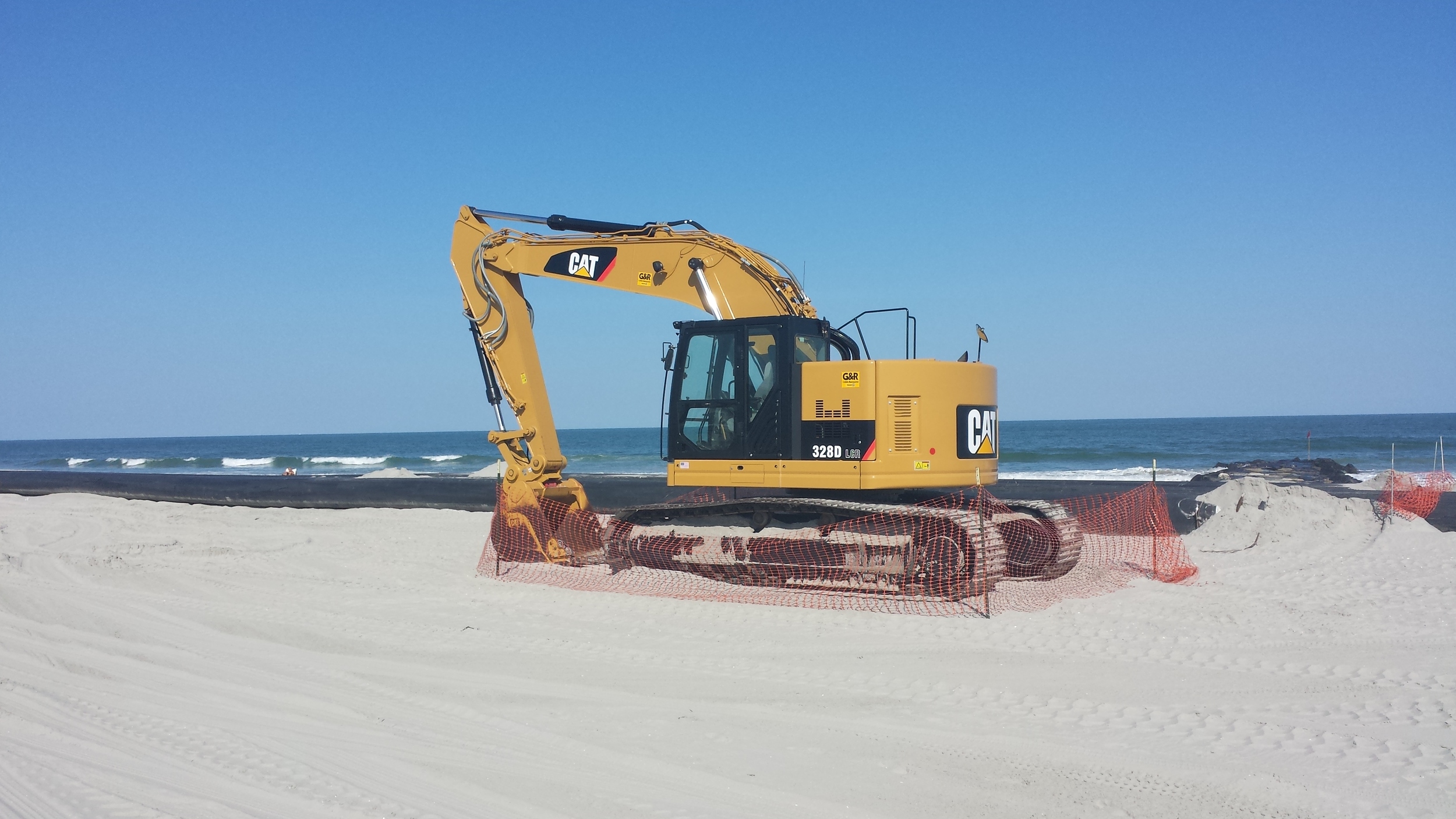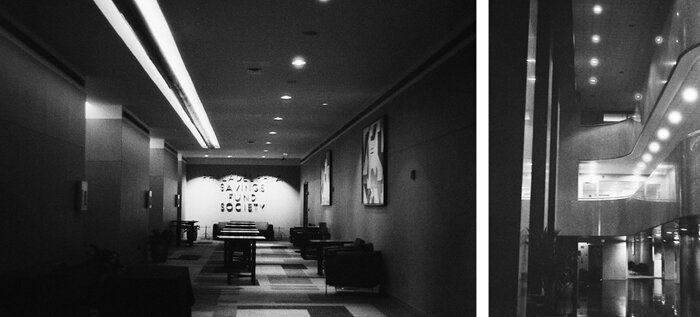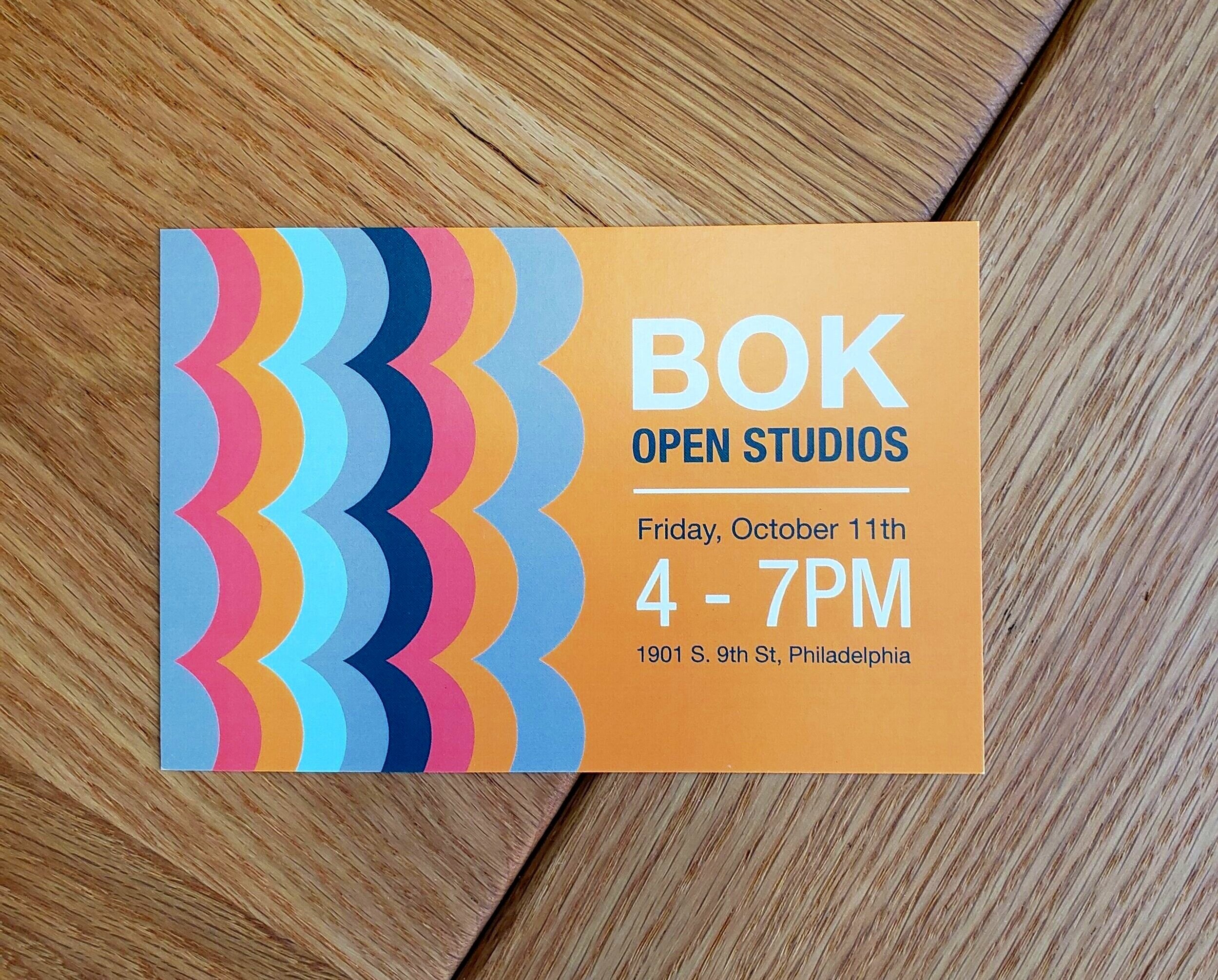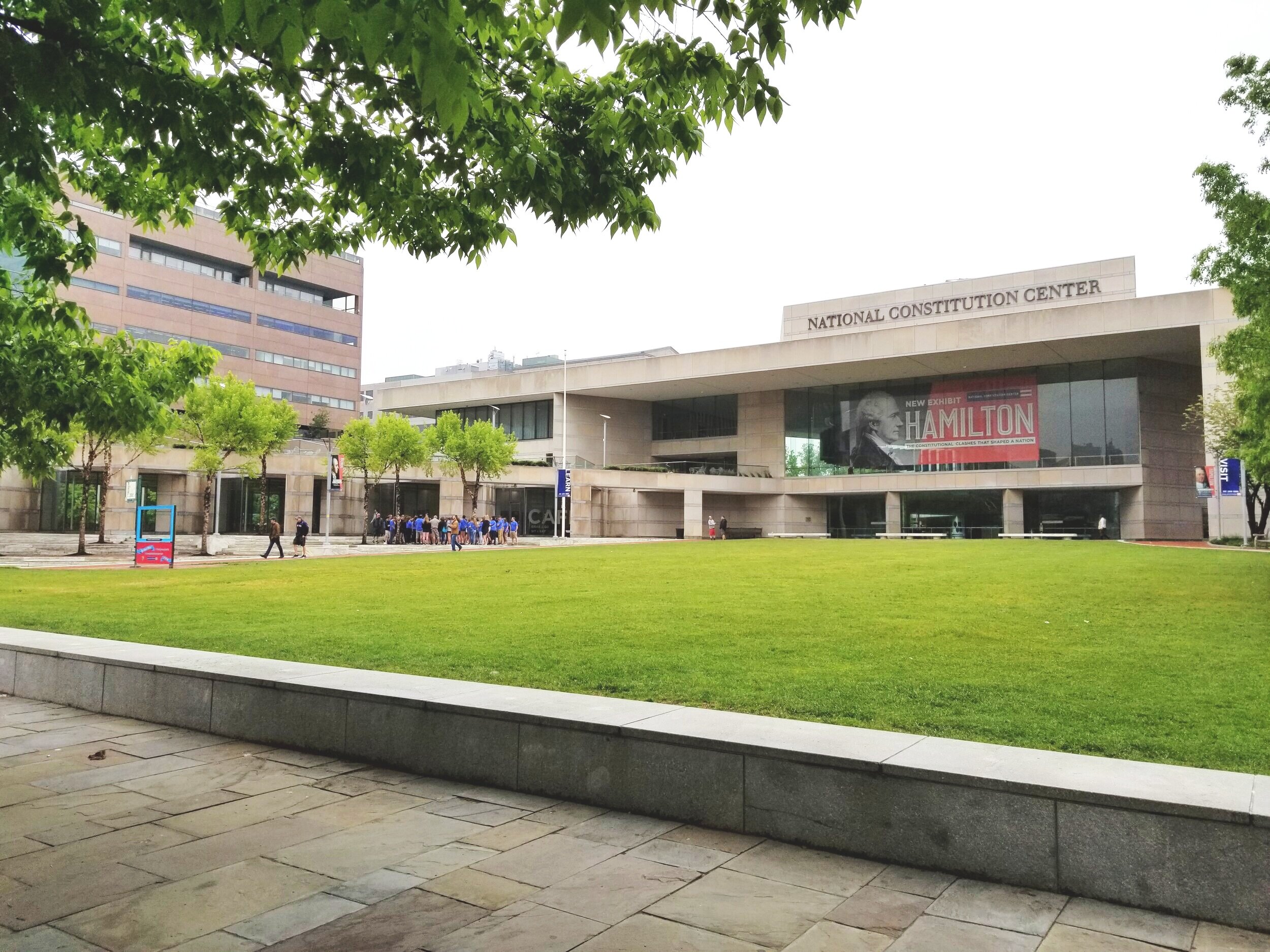Last week, I had the pleasure of attending the Sustainable Business Network’s annual holiday party. It was held at the Reading Terminal Market in downtown Philadelphia, and featured lots of local food and drink. One of the most interesting things I saw, however, was a table set up by Solar States, a company that offers rooftop solar installations.
I’ve recently been asked a lot about solar, so I thought I’d check them out. It turns out that they offer a system that will power a typical residence and will fit on about half of the typical rowhouse roof. The system, after tax credits, costs around $10,000. This means that, for a typical household where power bills average out to $100/month, the system pays for itself in a little over eight years, assuming power prices stay the same (and we know they keep going up, right?). After that, it’s “free” power until the system reaches the end of its life–Solar States warrants their system for 25 years.
Of course, this doesn’t work out exactly; the system doesn’t power the house at night, and at peak load times (really hot days when the air conditioner is running) it may not generate enough to power everything. So, you still need to be grid-connected for backup power. But what if you didn’t?
I started thinking about solar panel efficiency. Right now, a typical solar panel has an efficiency of around 22%, meaning that 22% of the sun’s energy is converted to electricity, while 78% is lost. What if we could capture more? If we got to 50%, then the same size system could produce more than enough energy for one family, even if they owned an electric car. And of course, over time solar panels will get cheaper and cheaper, even as they get more efficient.
If we had more power than we needed, produced by really cheap solar panels, how would that affect the way we think about conservation? Would we be so worried about insulation and high-efficiency appliances? What would be the point? We have an endless supply of free energy, right?
I probably sound like I’m joking, but I’m not. One of our main priorities right now is conserving energy, because energy production is mostly a dirty and environmentally harmful business. If it’s not, then do our priorities change? Do we need to rethink the way we look at things? The same goes for cars; lots of people hate those “gas-guzzling SUVs”. But if they were powered by electricity, and that electricity was produced by rooftop solar panels, what’s to hate? The environmental movement has been around for a while and has a lot of momentum; I just hope that when the time comes, we can redirect that momentum to the next challenge. (Isn’t this the problem with fossil fuel companies? They have momentum in one direction, which was useful for a while, but the world has changed. They aren’t changing that quickly, are they?)

On a related note, I read this article a while back in Bloomberg Businessweek. If you don’t feel like reading it, I’ll summarize: some scientists are able to grow leather and meat in a laboratory. Now, before you react with how gross it is, think about why they’re doing it (besides to make money): the process uses 90% fewer resources than traditional production, and no animals have to die. It’s not a perfect system yet, but in five to ten years, you may be seeing these artificially-grown products being produced at a commercially-viable scale.
So, this got me thinking: does the availability of these products change the way vegetarians think about meat? Aside from the health reasons, does this change things? No longer are animals being killed. Is this a way for those who are against the killing of animals for food to come back to our thousands-of-years-old cooking traditions?
What about wearing leather? Can members of PETA wear this lab-grown leather proudly? (Hint: Yes. If you read the Bloomberg article, you saw that Ingrid Newkirk, president of PETA, said “The impact of cultured leather will be phenomenal and wonderful.”)
I realize that there is something of an “ick” factor here. But think about it: conventionally-raised meat involves thousands (millions?) of animals living together in unpleasant conditions. They are subject to disease, and are often pumped up with hormones and medicine. Even naturally-raised animals are inevitably killed. What if it didn’t have to be that way? (Not to mention that 90% savings on feed, water, land, waste disposal, and greenhouse gas emissions.) Lab-raised meat has the potential to be much more sanitary than current options, which often carry disease-causing bacteria that wouldn’t be present in a more controlled environment. That means more confidence in the food supply, and fewer tasteless, overcooked dinners.
Currently, I am a meat eater. But part of that is my consicously choosing to ignore many of its impacts. Same goes for driving a car. And using natural gas to heat my home (lots of fracking in PA, right?). And wearing clothes made in places with poor safety standards.
All this goes to priorities. Instead of focusing solely on energy conservation, being a vegetarian, giving up my car, lowering my thermostat, and making my own clothing (all good ideas, for now), I can choose to go farther up the chain and think about solutions that get at the root of the problem. How can we have cleaner power and more ethical food? Are these solutions good ones?
It’s a design problem, really. Sometimes I meet a client who has it all figured out. They’ve got a problem and a solution. Usually, I can take that solution and make it work. But the best thing to do is to understand the problem first. Then, many solutions may become more obvious. This is the “genius” of design; finding multiple, viable solutions to a problem, and then being able to decide which is the best one.
So, what technologies are making you rethink your priorities?







